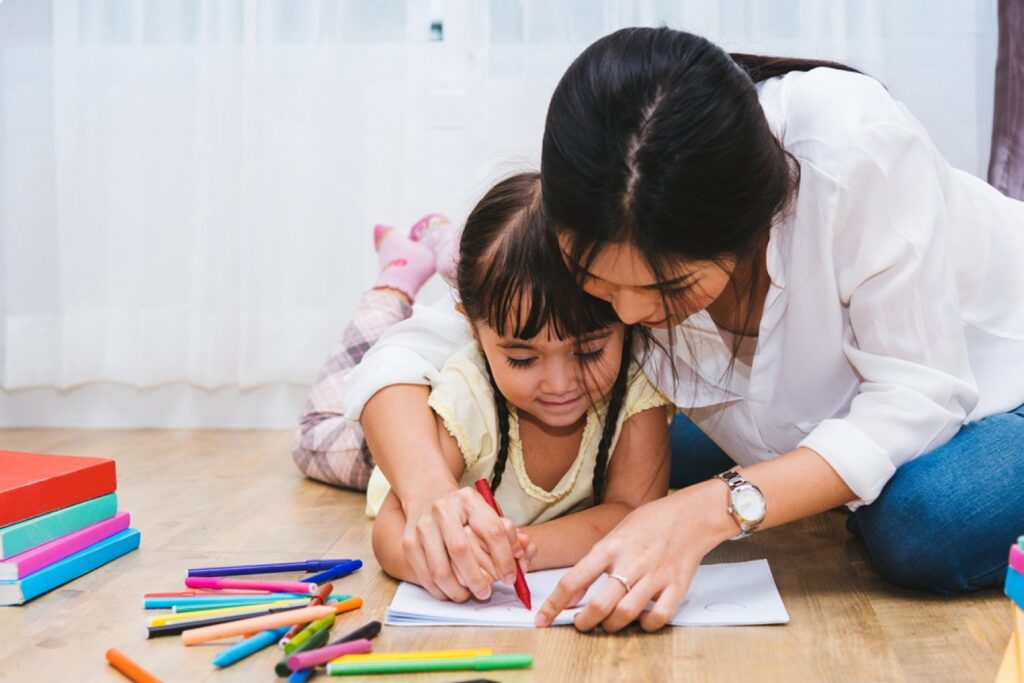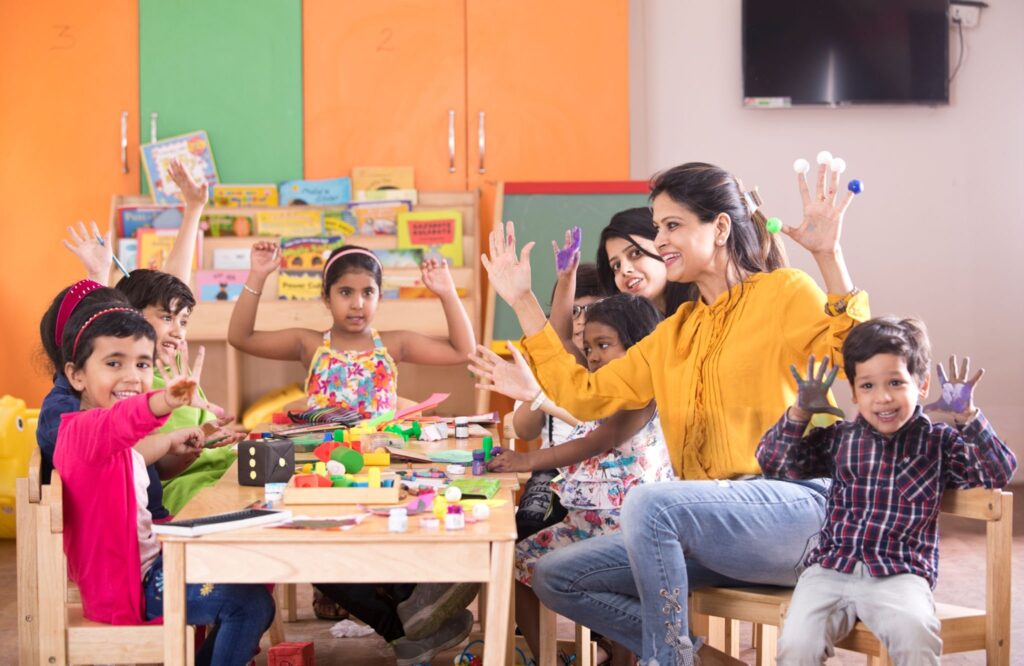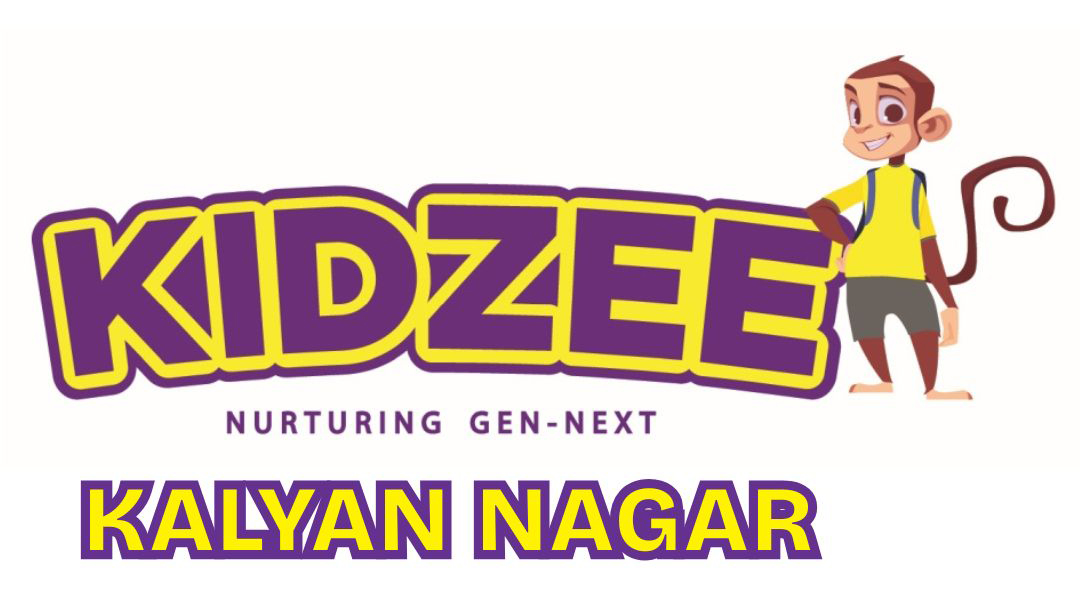How Preschool Activities Build Communication Skills

1. Storytelling and Circle Time
2. Role Play and Pretend Play
3. Group Games and Team Tasks
Simple group activities such as building blocks together, playing “Simon Says,” or solving puzzles require cooperation. Children must talk to each other, explain ideas, and listen to instructions. These games foster teamwork and encourage both verbal and non-verbal communication.
4. Music, Rhymes, and Songs
5. Art and Show-and-Tell
5. Art and Show-and-Tell

Strong communication skills developed in preschool lay the groundwork for future academic success and healthy social relationships. When children learn to listen actively, speak clearly, and interact with peers, they carry these skills into their school years and beyond.
Preschool activities may look playful on the surface, but each one is designed with purpose. By engaging in storytelling, songs, games, and creative tasks, children are not just having fun—they are learning to communicate effectively, a skill that will support them for a lifetime.

